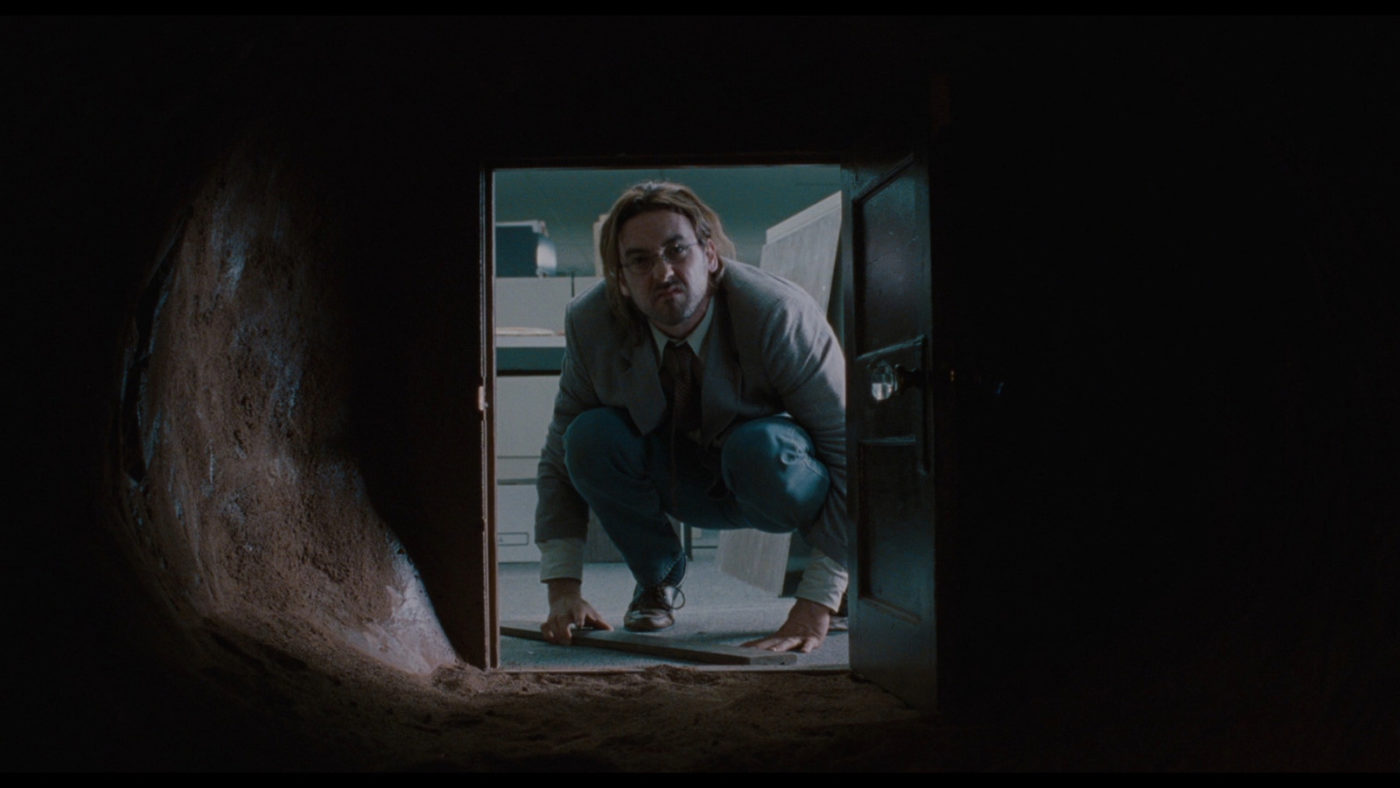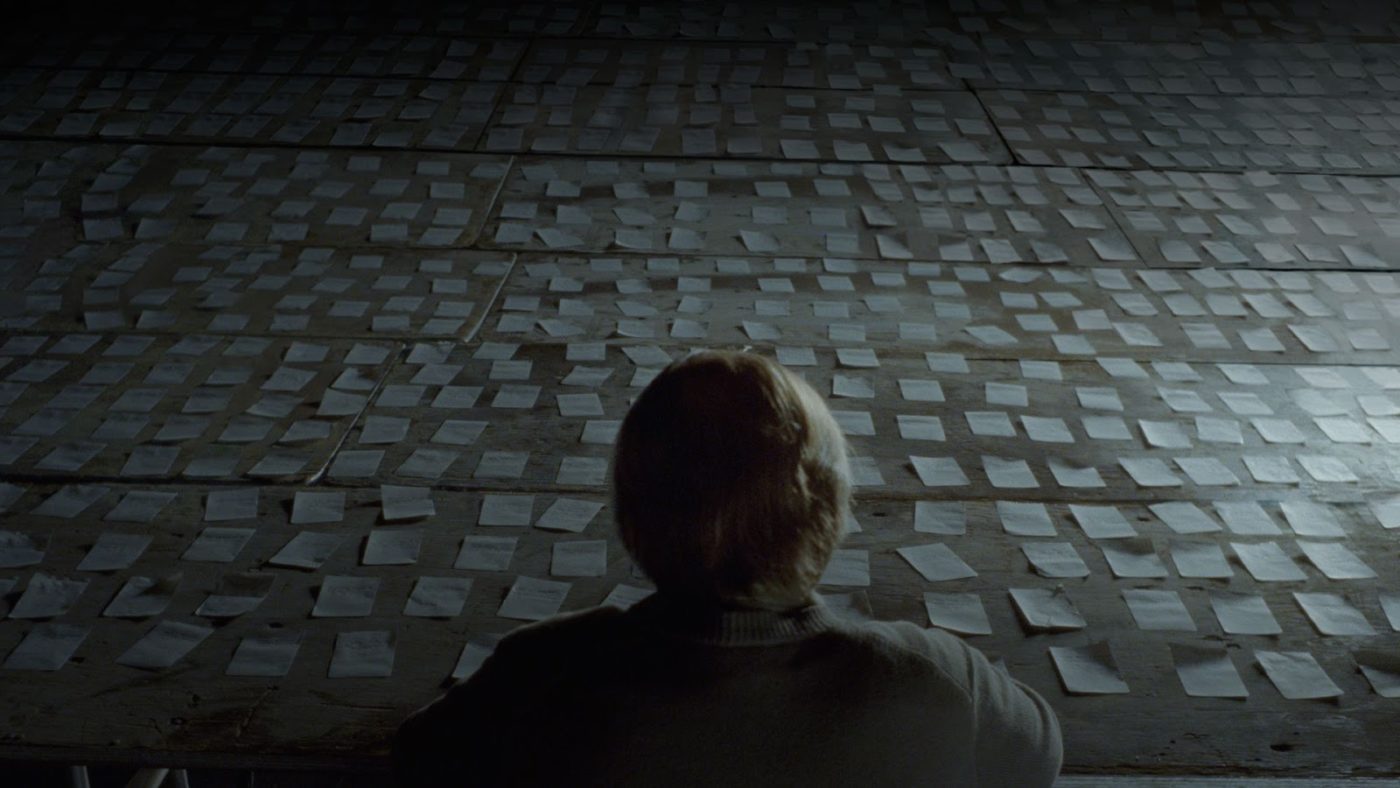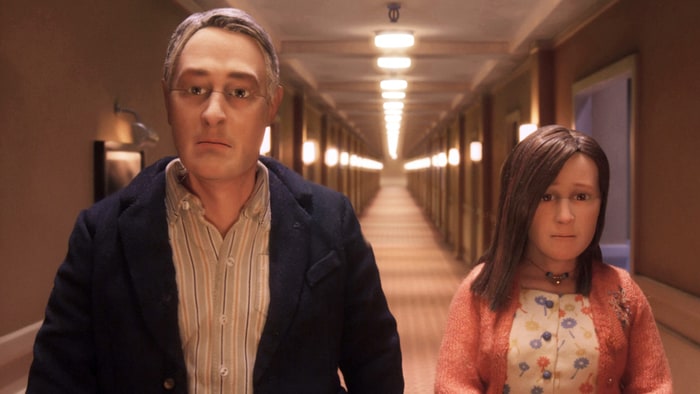“You don’t know how lucky you are being a monkey. Because consciousness is a terrible curse. I think. I feel. I suffer. And all I ask in return is the opportunity to do my work. And they won’t allow it… because I raise issues.”
In a film industry that is obsessed with its actors and directors, it isn’t easy for a screenwriter to carve a space of his own. Charlie Kaufman did just that and more. He is one of Hollywood’s most well known and critically acclaimed screenwriters. The short man from Pasadena also went on to direct a couple of his screenplays later in his career.
The opening lines of this article are from Being John Malkovich (1999), Kaufman’s debut as a feature screenwriter. The script was imaginative, fresh and highly original. The film follows puppeteer Craig Schwartz who accidentally discovered a portal in his absurd office that leads to the mind of actor John Malkovich. The movie earned Kaufman overnight popularity and an Academy Award nomination for Best Original Screenplay. The eccentric comedy suggested an imagination that is extraordinary, yet deeply rooted in reality. Kaufman is cited as an absurdist and a surrealist. Although his films can’t be categorized into a particular genre, they often explore themes like morality, identity, existentialism and the meaning of life, in a metaphysical framework. And by nature, they are anarchic— shattering conventional norms of filmmaking and writing style. The experimentation didn’t always pay off well, but with time, most of Kaufman’s works have been regarded as cinematic masterpieces.
Kaufman is cited as an absurdist and a surrealist. Although his films can’t be categorized into a particular genre, they often explore themes like morality, identity, existentialism and the meaning of life, in a metaphysical framework. And by nature, they are anarchic— shattering conventional norms of filmmaking and writing style. The experimentation didn’t always pay off well, but with time, most of Kaufman’s works have been regarded as cinematic masterpieces.
Consider his directorial debut Synecdoche, New York (2008), which opened to mixed reviews and low business. The postmodern drama blurred the lines of reality and fantasy in its quest towards an extravagant portrayal of humanist realism. Later on, the film fraternity acknowledged Kaufman’s masterful grasp over cinema as a medium and his ability to craft an evocative, vibrant, thoughtful and emotionally devastating tale using supernatural elements. Critic Roger Ebert termed it as the best movie of the first decade of the 21st century. Kaufman’s movies are full of metaphors and the characters seem to dwell in a parallel universe where normal rules don’t apply. Extraordinary events and circumstances, hallucinatory images, distortion of space and time and powerful dialogues envelop the humanistic core of his philosophy. Kaufman writes about love and the lack of it. Kaufman writes about memory, nostalgia and loneliness. Kaufman writes about creativity and the obstacles in its path. His visionary take on human existence is almost unparalleled in contemporary Hollywood.
Kaufman’s movies are full of metaphors and the characters seem to dwell in a parallel universe where normal rules don’t apply. Extraordinary events and circumstances, hallucinatory images, distortion of space and time and powerful dialogues envelop the humanistic core of his philosophy. Kaufman writes about love and the lack of it. Kaufman writes about memory, nostalgia and loneliness. Kaufman writes about creativity and the obstacles in its path. His visionary take on human existence is almost unparalleled in contemporary Hollywood.
Eternal Sunshine of the Spotless Mind (2004) is Kaufman’s most celebrated script till date, which won him the Academy Award for Best Original Screenplay. It is a poignant sci-fi romantic comedy drama that explores relationships and heartbreaks. Two estranged lovers decide to erase each other from their memories using futuristic technology, only for fate to bring them together again. Kaufman dives deep into the human psychological process and almost enters the mind of the viewer. Recurring motifs, flamboyant colours and a non-linear narrative takes the audience through an emotional roller-coaster. Like all immortal works of art, it disturbs the comfortable and comforts the disturbed.
Charlie Kaufman, in an interview, said that we are living in a post-truth world. “It’s just going to be a confused, chaotic mess of media manipulation, and it’s terrifying and destructive and dehumanizing and tragic.” In a labyrinthine tangle of screwed-up politics, violence, lies and their cultural appropriation, the quintessential humane traits in us get systematically degraded. Kaufman deliberately falls out of it; he brings in the extraordinary and effortlessly conflates it with the ordinary. Some call it wildly ambitious, others the virtuosity of a genius. Kaufman made a comeback after seven years of absence in Hollywood with his second directorial venture Anomalisa (2015), a stop-motion animated film. Although it begins like a conventional drama, weirdness gradually sets in. Everyone the protagonist Michael Stone meets has the same facial features and exactly the same voice. That is, until he comes across Lisa, who has a voice of her own and is an ‘anomaly’. Michael falls in love, but eventually realizes that she too would sound the same after a while— a sad anti-love story about how softer emotions lead to disappointment.
Kaufman made a comeback after seven years of absence in Hollywood with his second directorial venture Anomalisa (2015), a stop-motion animated film. Although it begins like a conventional drama, weirdness gradually sets in. Everyone the protagonist Michael Stone meets has the same facial features and exactly the same voice. That is, until he comes across Lisa, who has a voice of her own and is an ‘anomaly’. Michael falls in love, but eventually realizes that she too would sound the same after a while— a sad anti-love story about how softer emotions lead to disappointment.
Another major Kaufman script is Adaptation (2002), adapted from Susan Orlean’s book ‘The Orchid Thief’. He inculcated self-references throughout his writing to create a meta-cinema which described his own struggles in developing the script, simultaneously with the dramatized events in the book. Kaufman’s other feature screenplays are Human Nature (2001) and Confessions of a Dangerous Mind (2002). He is slated to direct a Netflix Original film titled ‘I’m Thinking of Ending Things’. It is often said that Kaufman’s works are difficult to comprehend. Not always true. In a scene from Eternal Sunshine…, the main characters Joel and Clementine lie on ice, gazing at the infinite night sky full of stars. Joel is afraid that the ice might crack, Clementine comforts him. They engage in a playful attempt to name the constellations. The ambience is quiet; some blinking headlights of cars on a distant highway can be seen. They look into each other’s eyes in the serene environment creating momentary sparks. There is no philosophical question, neither some big existential crisis. Just two individuals making an intimate connection. Human connection. A beautiful yet melancholic moment. Is there a word to describe it? Yes, there is. Magic.
It is often said that Kaufman’s works are difficult to comprehend. Not always true. In a scene from Eternal Sunshine…, the main characters Joel and Clementine lie on ice, gazing at the infinite night sky full of stars. Joel is afraid that the ice might crack, Clementine comforts him. They engage in a playful attempt to name the constellations. The ambience is quiet; some blinking headlights of cars on a distant highway can be seen. They look into each other’s eyes in the serene environment creating momentary sparks. There is no philosophical question, neither some big existential crisis. Just two individuals making an intimate connection. Human connection. A beautiful yet melancholic moment. Is there a word to describe it? Yes, there is. Magic.
MAGIC.
